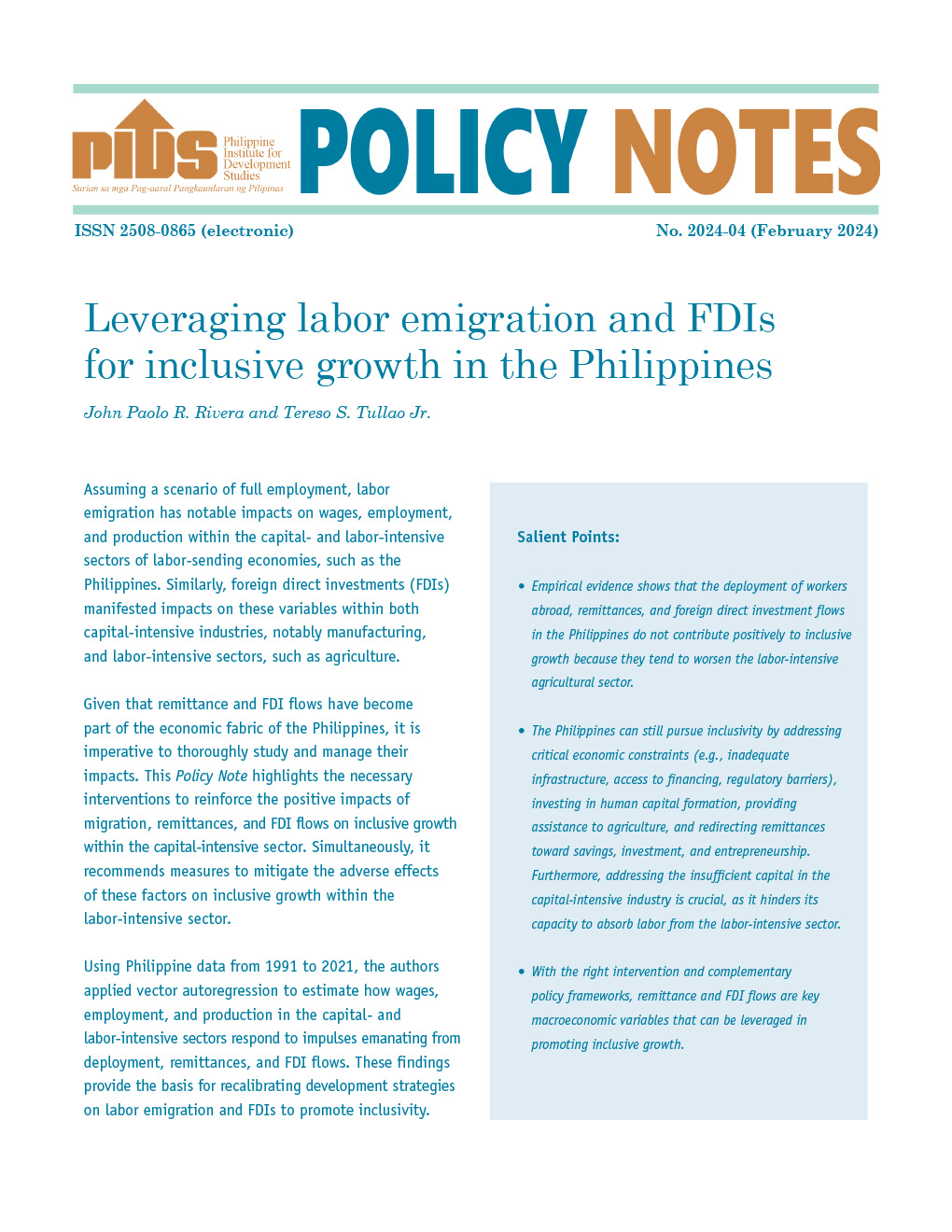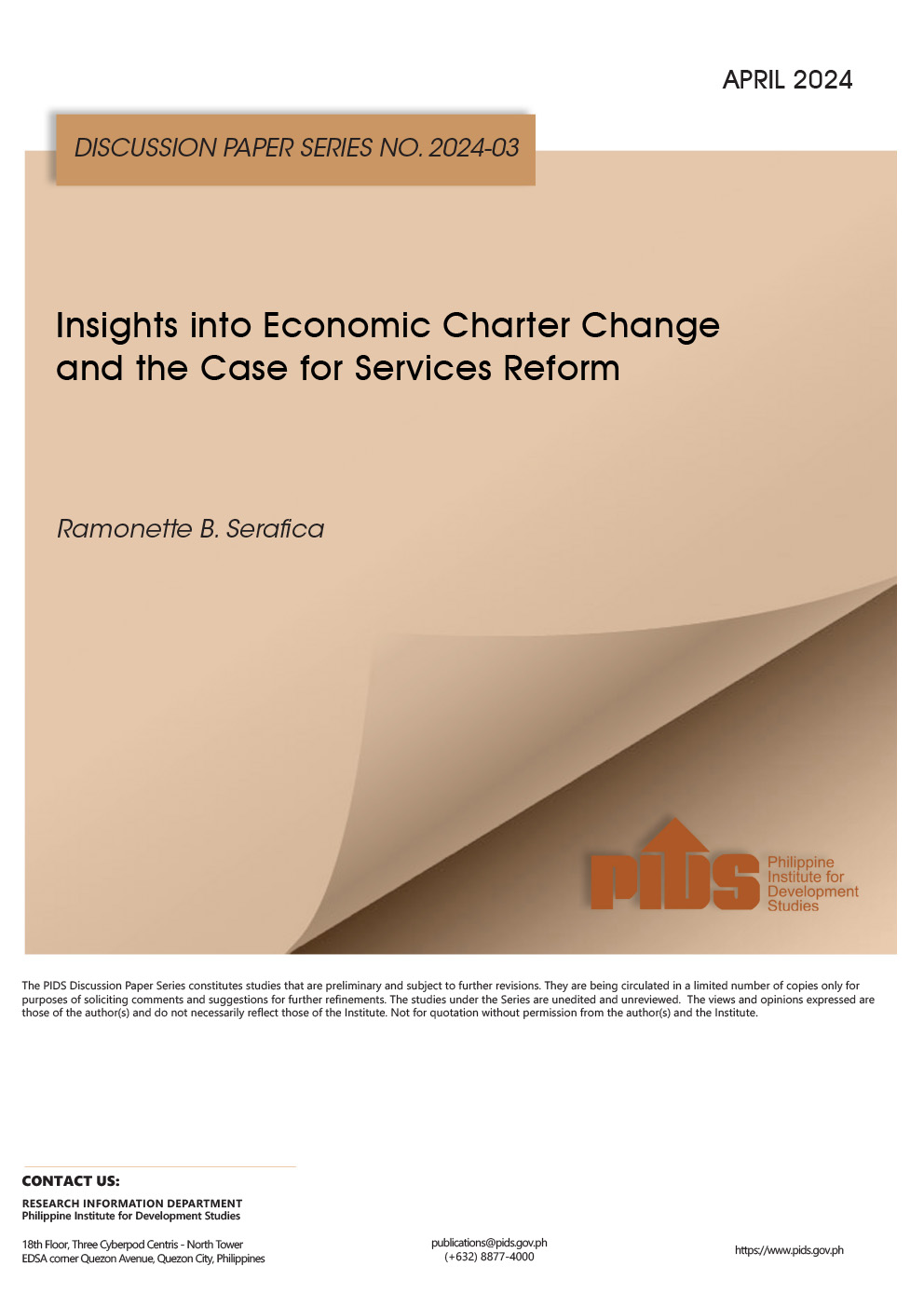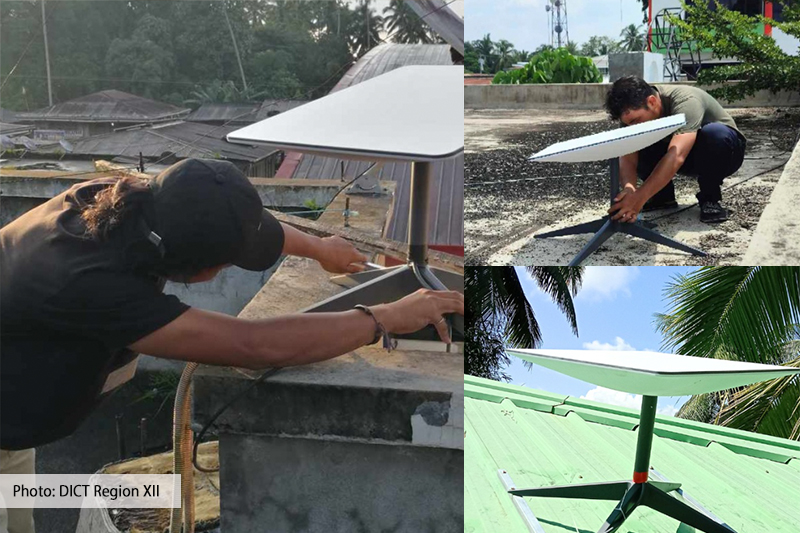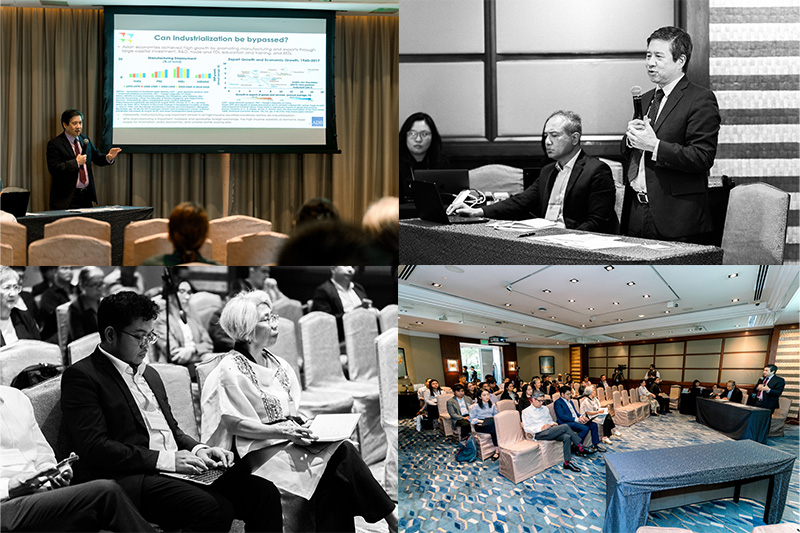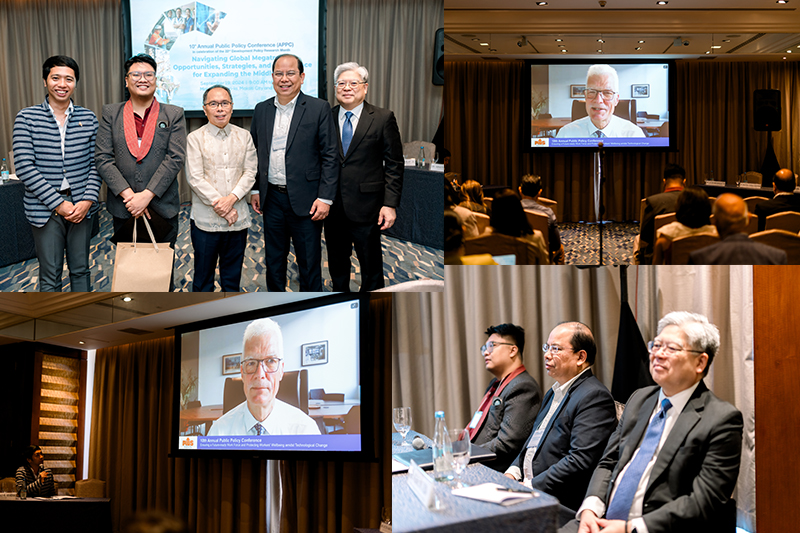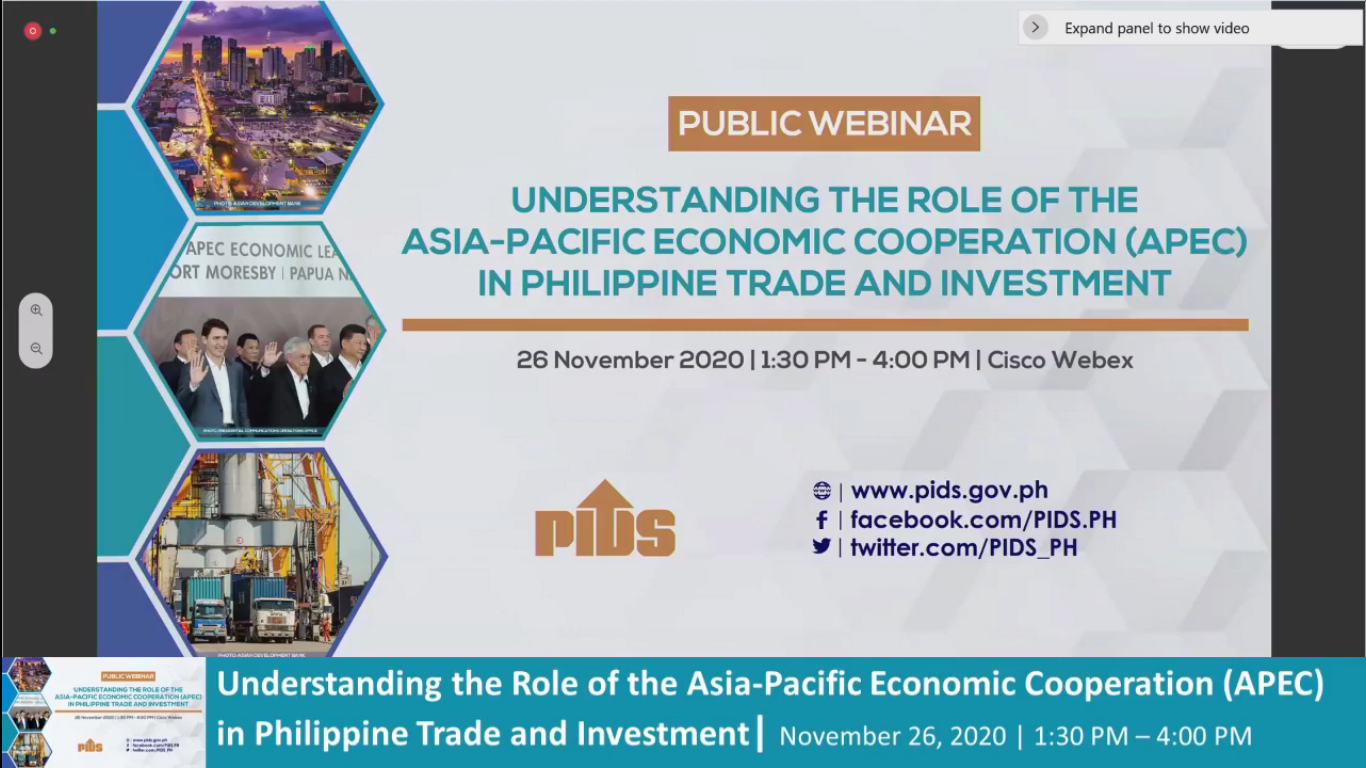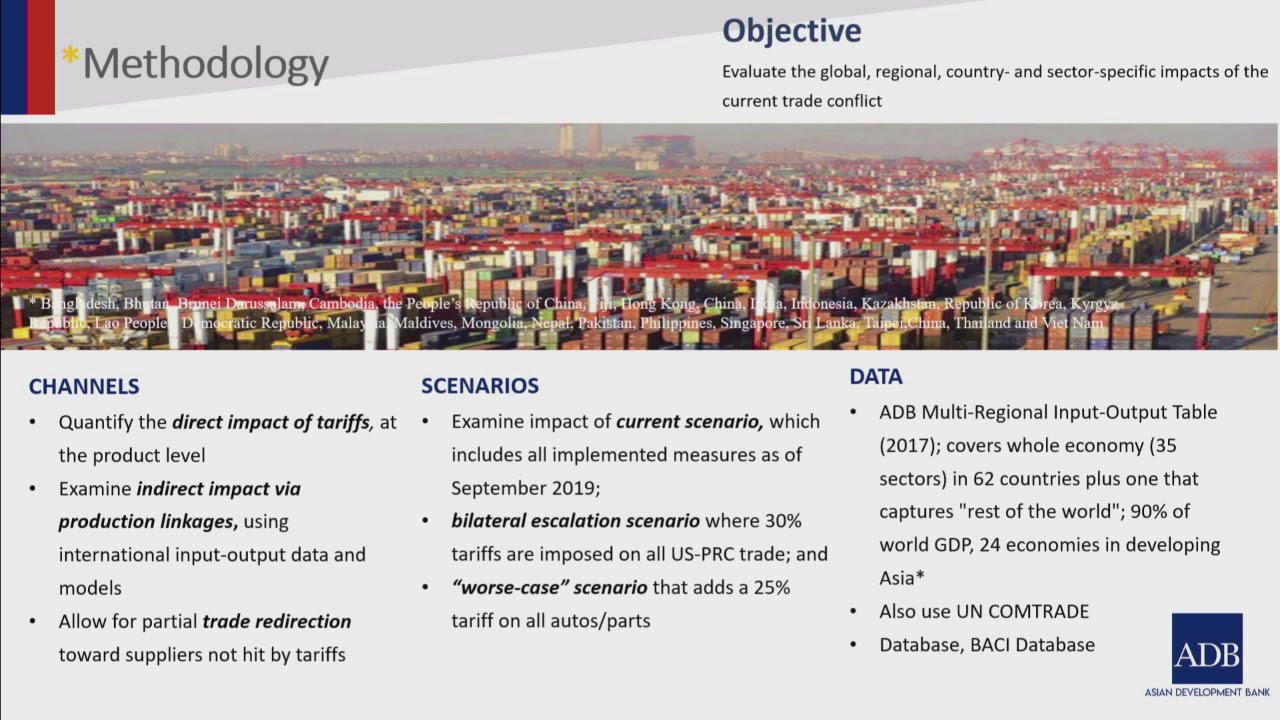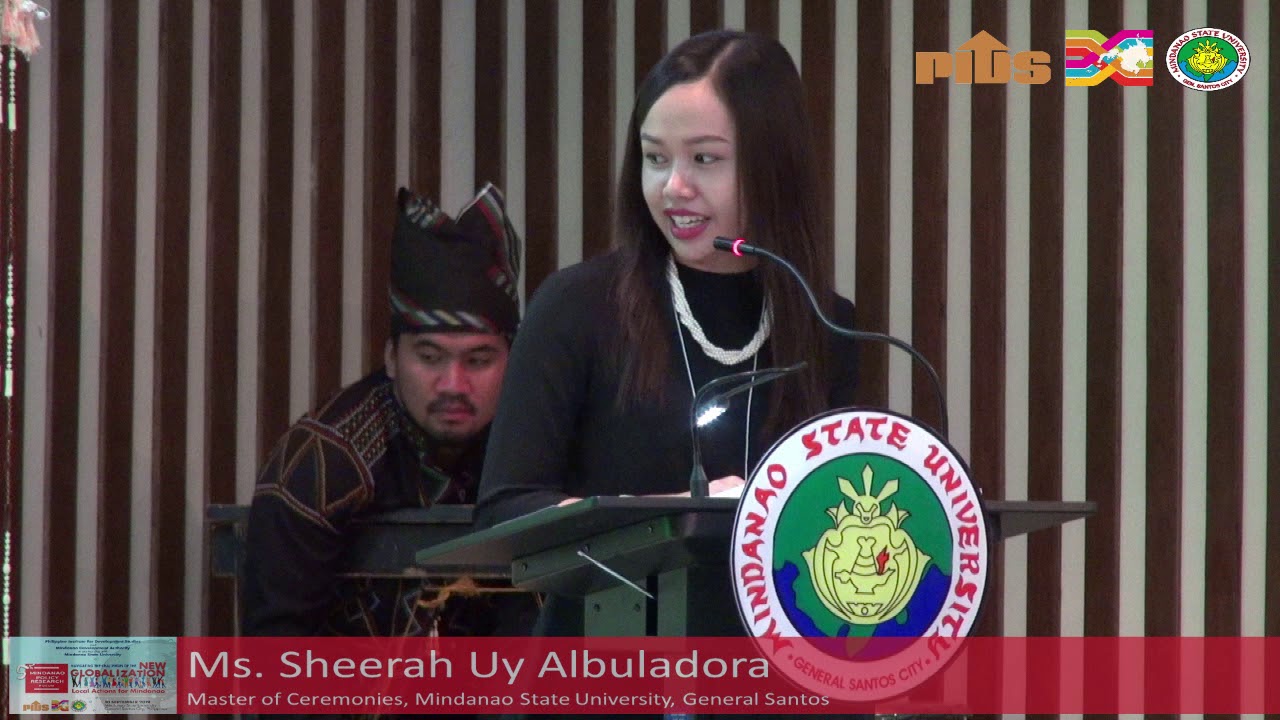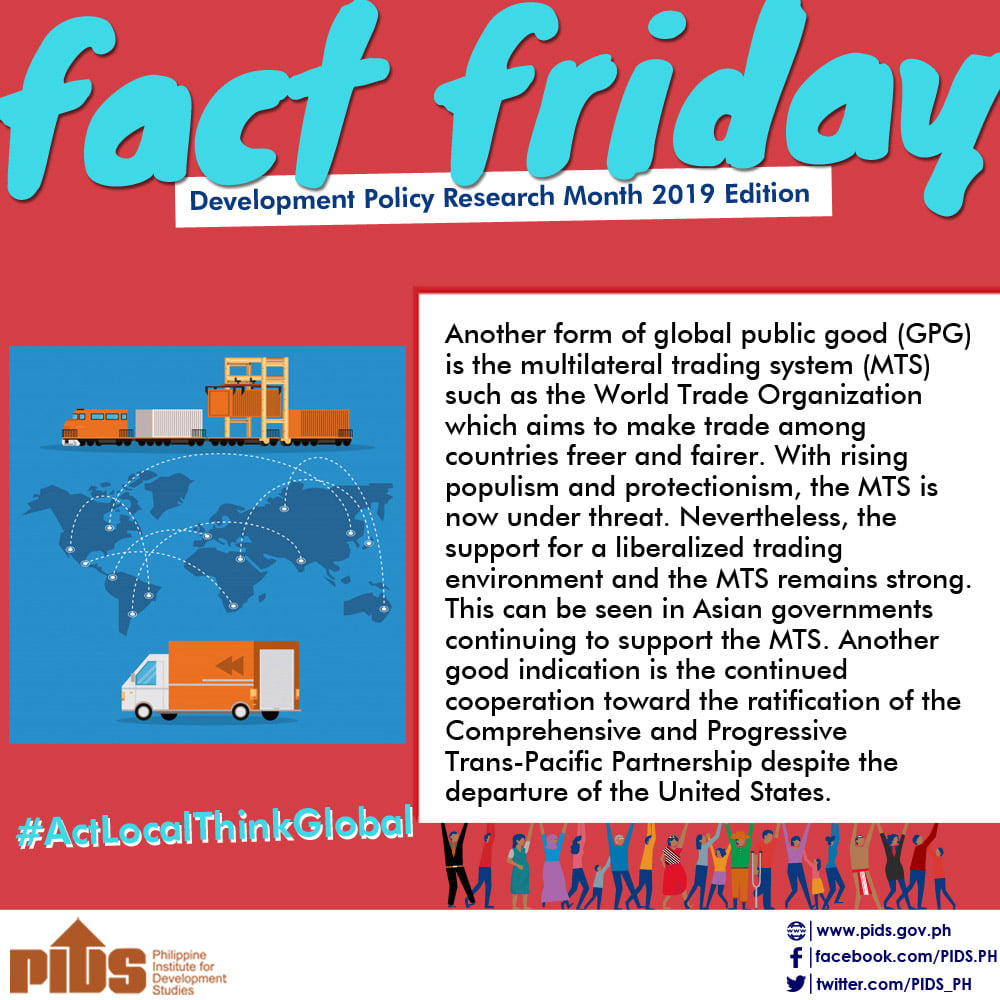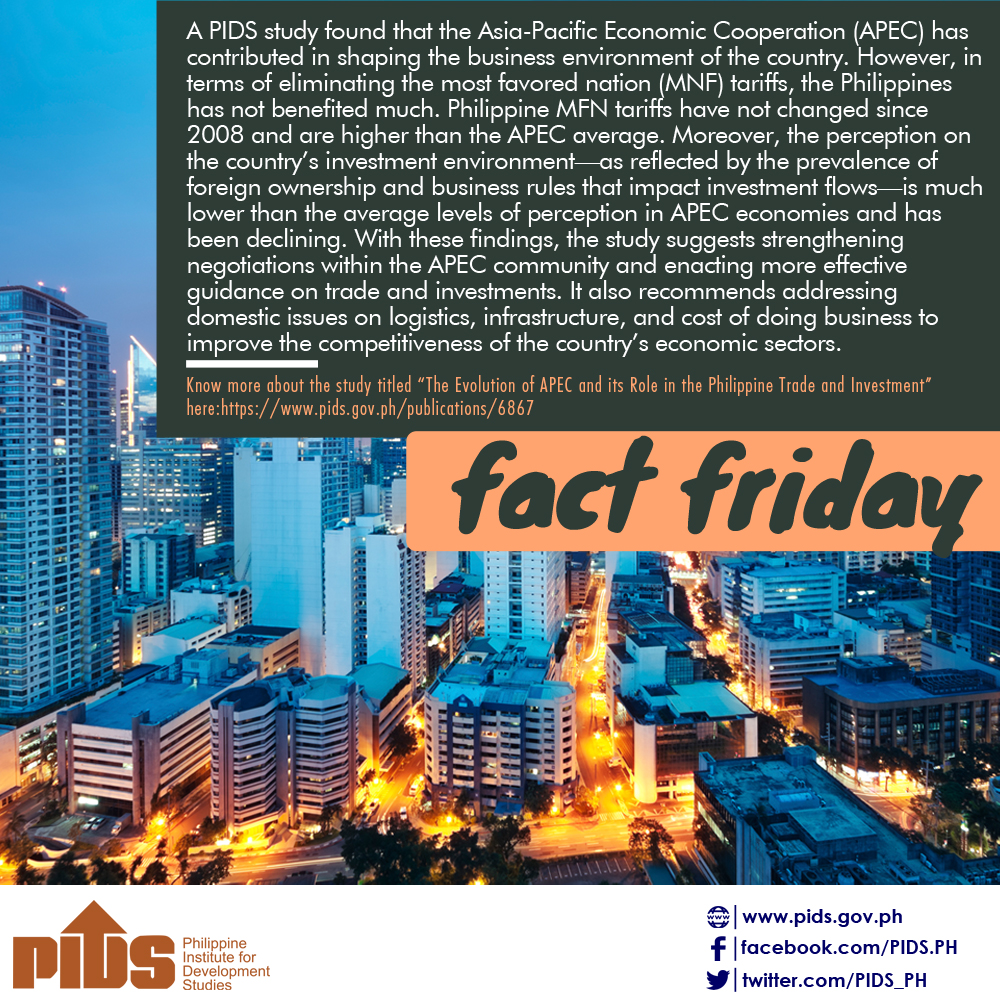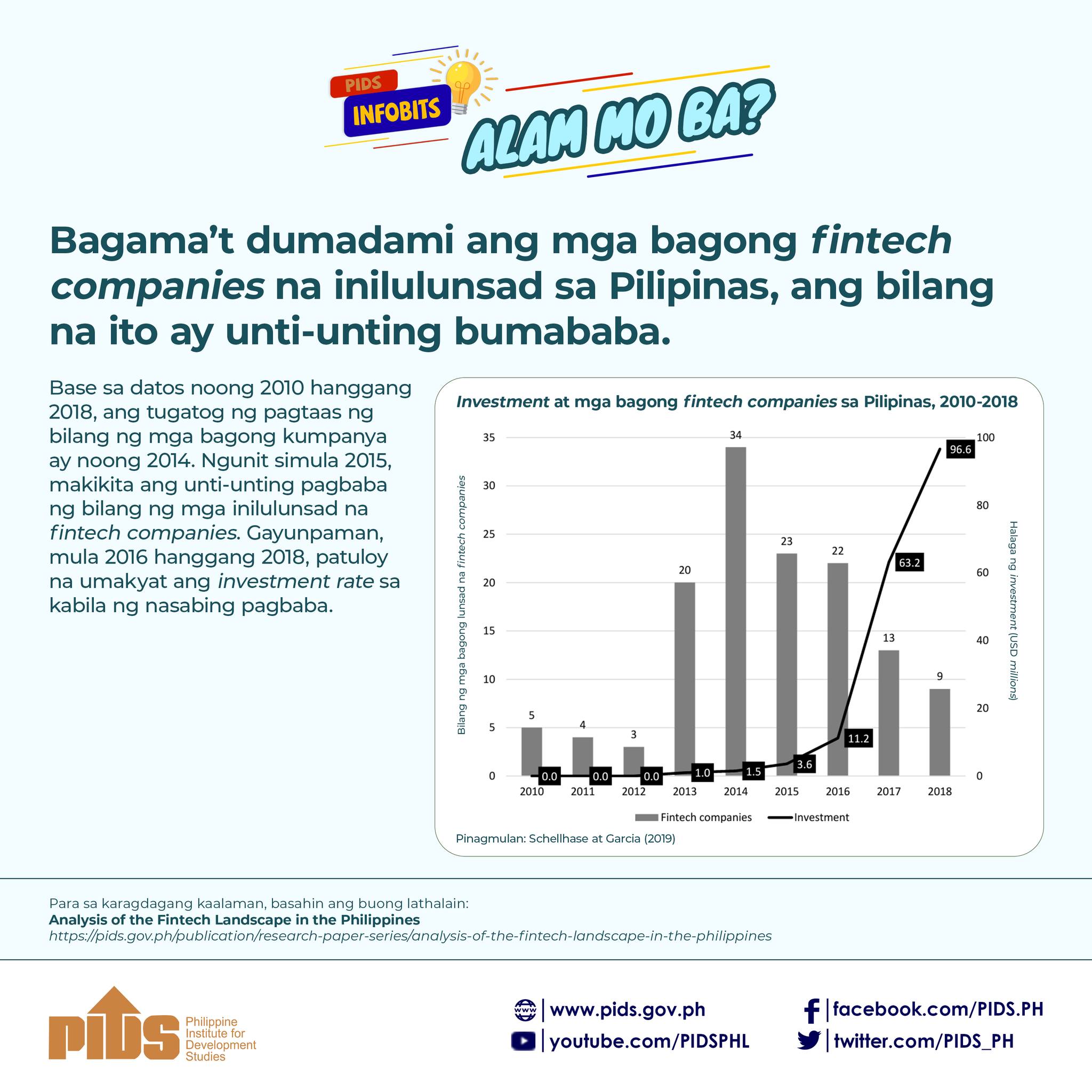We Filipinos pride in our cultural hospitality, but we also like our economy closed; and protectionist tendencies still run below our surface show of welcome for most everyone and everything exotic. In an East Asia that achieved a veritable miracle of growth through export promotion, we have plodded along, during these last six decades, on the opposing strategy of import-substituting industrialization (ISI).
Import substitution is a common strategy for industrializing less-developed economies. At its best, it grows home markets–nurtures infant industries–and educates workpeople in the disciplines of industrialism.
Ideally, ISI even sets off the obligatory social revolution that eventually shifts the effective location of internal political authority from the factional bosses and oligarchic landowners–the old-order caciques–to a new class of modernizing entrepreneurs and industrialists.
But, in the weak Philippine state, import-substitution–which the government took up in the post-Independence period–gave rise only to industrial-scale smuggling, corruption of the civil service–and crony capitalism.
Weak Philippine state unequal to challenges of ISI strategy
Historically, our self-seeking elite has used the rhetoric of economic nationalism to justify monopoly profits for its import-substituting industries under a regime of controls that penalized peasant agriculture, kept down workers’ wages and condemned the entire economy to near-stagnation.
In our country, protectionism has been what John Stuart Mill said it would be: "an organized pillage of the many by the few.” Until now, protectionism chokes the flow of foreign capital, technology and managerial skills into the economy.
Infant industries that never grew up
ISI produced only a few new industrialists who defined their political interests as separate and distinct from those of the landowning families. For the most part, it produced "landlord-capitalists” whose profits continued to depend on political connections, protected markets and state subsidies.
"Infant industries”–fattened by import controls on most consumer goods–never matured. Retail prices at their peak rose four times above global averages–making smuggling irresistible.
Worst of all, import substitution lacking strong central authority preserved the dominance of the politically powerful landowning families–who used their political capital to transfer their assets from landowning to industry.
In the World Bank’s view, these powerful vested interests came eventually to capture policymaking and to shape economic policy–"to protect and enhance their privileged position, often to the detriment of national well-being.”
This view sums up pithily our national situation until now.
Protectionism going against world trend
Unusual for elites in the new countries, it is well-off urban Filipino men who tend to oppose open trade. The higher his economic class, the more protectionist the Filipino male apparently tends to be. It is Filipino women who are more likely to support open trade policies. So are rural Filipinos in general.
Two analysts of the NEDA think tank, PIDS, using data from the 2003 International Social Survey Program, correlated individual responses to a question about limiting foreign imports. They found the replies from the Philippines going against the world norm.
The more protectionist the Filipino male tends to be the higher his economic class because, the PIDS scholars suggest, as the owners of businesses, they have been the prime beneficiaries of protectionist policies.
Managers of national businesses and high professionals too tend to be protectionist. So do public officials as a class, since the regulated economy enhances their influence, as well as facilitates rent seeking.
Filipino women are more agreeable to open trade. The PIDS analysts suggest this may result from greater job opportunities in export industries (such as call centers and electronics assembly) that globalization is opening up to them. As the managers of family finances, Filipinas may also appreciate the lower costs and greater variety of imported goods offered by the open economy.
Protectionism started out by being ‘anti-Chinese’
Protectionist sentiment may be only one expression of our inward-looking nationalism. Resentment of American bullying in our bilateral relations–coupled with a recognition of our utter dependence on them–had produced self-doubt and turned nationalism inward, to cultural authenticity and economic preferences for nationals.
Like the Central Americans, middle-class Filipinos are intensely "nationalistic,” particularly in relation to the United States, as a consequence of their vulnerability to its interventions and influence.
Beginning in 1914, an ephemeral third party to the perennial Quezon-Osmena rivalry inserted the issue of economic nationalism into the political debate. The teaching caught on: to "Filipinize” the economy, generations of policymakers have risked even economic setbacks.
The Commonwealth government chartered banks, textile and flour mills; utilities, railroads, and even factories making shoes, iron and cement–to keep them in Filipino hands.
Anti-Chinese economic measures starting in the 1930s (they included retail-trade nationalization in 1955) put many Filipinos out of work. But "[i]t is useless to amass wealth which is not ours to dispose of,” reasoned the industrialist Salvador Araneta in justifying the law.
Economic provisions in the 1935 Constitution and retained in the 1987 Charter binds the Philippine state to a protectionist policy–uniquely in the region. The economist Gerardo P. Sicat notes that, in our neighbor-states, all economic legislation is ordinary law–allowing governments the utmost flexibility.
In public investment we’re 20 years behind our near-neighbors
Right now, our country has the lowest level of foreign direct investment among comparative Southeast Asian economies. We’re some 20 years behind Indonesia, and even more years behind Thailand and Malaysia in infrastructure level.
During the decade 2000-2009, Singapore received $177 billion in foreign direct investment; Thailand $65B; Malaysia $43 B; Vietnam $35B; Indonesia $28 B; and the Philippines $16 billion.
The arithmetic tells us why foreign investment is so crucial to the home economy. If we are to begin reducing our poverty, we must grow continuously–at least over these next 10-12 years–by a minimum 7%. And if we are to grow by 7%, we need to invest at least 30% of our gross domestic product (GDP), as our neighbors do. But we save on the average only 19% of GDP–the lowest rate among comparative Asean economies.
In 2000, that financing gap was equivalent to about US$ 8.4 billion. Usually, countries could bridge this gap by public and private borrowing–but, in our case, the gap was too great–since foreign direct investment (FDI) in that year was only $1.3 billion. In 2005, we attracted barely 1 percent of the net FDI that entered emerging Asia.
We must redefine our nationalism
Until now, the stereotypes of an era long gone influence our intellectual approach to foreign investment and economic liberalization; to opening our economy to the opportunities–and risks–of globalization.
Our economy still is heavily regulated and inward-looking (that is why we’re forced to export people instead of products); at every level of government, public authority still is much used for private benefit.
If our country is to catch the new wave of growth building up in East Asia, we must speed up market-opening and reduce the costs of doing business.
To blame all our ills on outside forces–on the CIA, on multinational industry, on the international lending institutions–rather than on the defects of our own political and social structures–is to yield to impotence.
The best reply to the impositions of the International Monetary Fund and the World Bank–against which our intellectuals rail endlessly–is for us to so strengthen our economy such that it need not submit to their strictures.
We must redefine our nationalism to make it responsive to the new ideologies and technologies reshaping the world.
We need leadership: we as a people need to be convinced to alter a basic national policy: to take up a positive view of our relationship with a globalizing world–we cannot stop the world because we want to get off.
We need to create for ourselves a more rounded kind of nationalism–a forward-looking nationalism focused on the effort to account for ourselves as a people–and to claim our place of dignity in the global community.//
Protectionist tendencies hobble investment despite globalization

